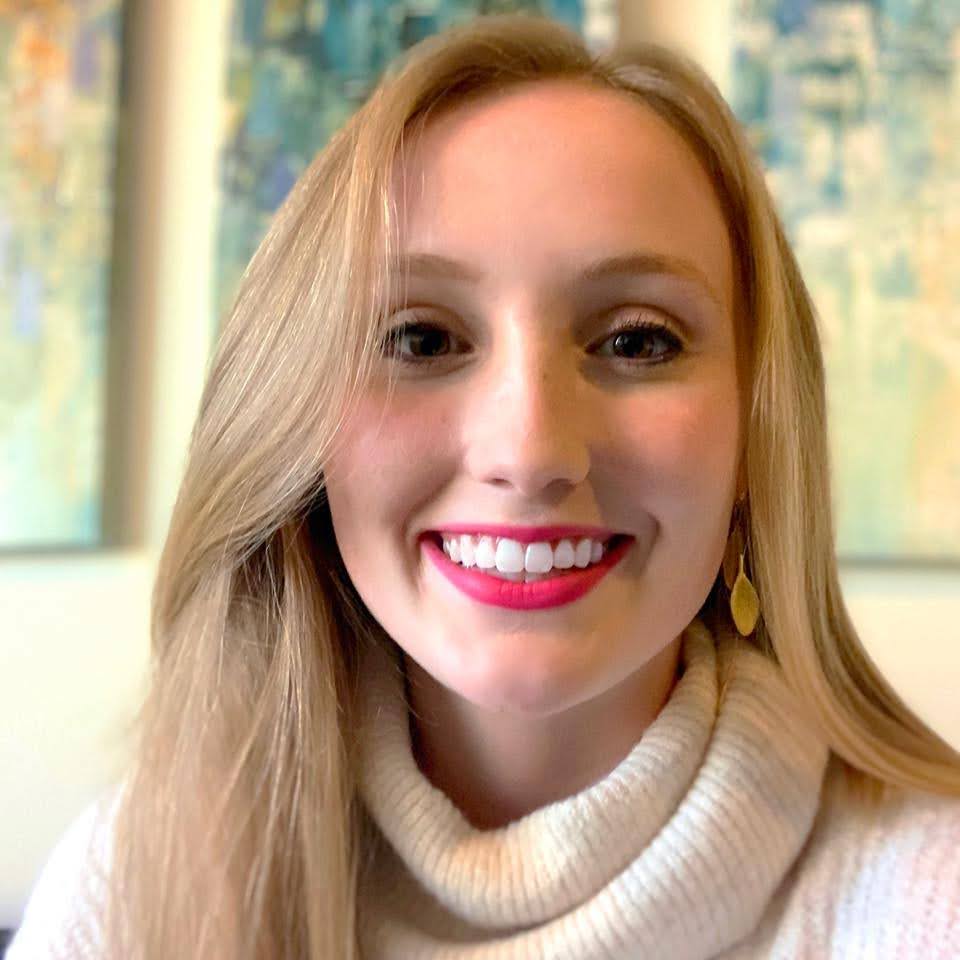by Madeline Pike, M.A., Temple University
Lori Gottlieb is a psychotherapist, New York Times bestselling author of “Maybe You Should Talk to Someone” and “Marry Him,” TED Speaker, co-host of the popular “Dear Therapists” podcast, and “Dear Therapist” columnist for The Atlantic. Her books have sold over one million copies worldwide. In her work, Lori blends her clinical experience with the latest research and cultural developments to help people live better lives.
As a clinical science trainee, I recently had the privilege to interview Lori Gottlieb to ask her for advice on navigating graduate school and improving community outreach. Here, I share a summary of Gottlieb’s insights from our conversation.
Advice for the Clinical Graduate Student Feeling Stuck?
It is easy to feel ‘stuck’ in graduate school, juggling countless responsibilities from research to teaching to clinical work, often with no end in sight. Graduate students are particularly vulnerable to experiencing burnout. Gottlieb notes that “feeling stuck is a universal human experience.” As clinical scientists, she encourages graduate students to ‘practice what you preach,’ utilizing our therapy skills to work on getting unstuck in our day-to-day lives. For example, Gottlieb encourages students to “start with listening to [our] bodies.” Check in with yourself, ask: “Am I coping well? Am I fatigued? Am I dreading work? Am I eating enough? How are my relationships?” In addition to seeking advice from colleagues and advisors, Gottlieb encourages graduate students who are feeling stuck to consider exploring individual therapy.
Battling Imposter Syndrome
Gottlieb acknowledges that imposter syndrome, or the persistent doubting of one’s skills or accomplishments, is common in graduate students. Gottlieb argues that it is important to embrace the concept that we are constantly learning, no matter the life stage, and it is normal to feel lost early in one’s career. To combat imposter syndrome, Gottlieb advises students to “ask questions, embrace mentorship, and seek any and all opportunities to grow and learn.”
Be Authentic
Gottlieb emphasizes the importance of being authentic, both in your writing and in the therapy room. She encourages students to “bring [their] unique personalities and authentic reactions into the therapy room. Don’t be afraid to laugh or shed a tear with your therapy clients.”
Find Gratitude in the Journey
When looking back at her graduate career, Gottlieb shares that she wishes she knew “how lucky she is to be in the field of psychology.” She wants to remind new trainees, that once you find your groove, and the anxiety and stress subsides, “you will cherish the meaningful work and connections you have created.”
The Ever-Changing Life Balance
Gottlieb explains that the ideal work-life balance is highly individualized and ever-changing. She recommends that “graduate students do not compare their work-life balance to that of their peers or supervisors.” Rather, she encourages students to ask “what kind of balance do I want or need right now?”
The Art of Storytelling
Gottlieb has had a lifelong passion for journalism, studying language, and culture, first at Yale and later at Stanford University. In her twenties, Gottlieb focused on visual storytelling as a film and television executive. Her love of storytelling followed her into her graduate studies at Pepperdine University and professional career as a psychotherapist.
Gottlieb reflects on her personal webpage that she was drawn to psychology because she wanted to do more than write about people’s stories. Rather, she wanted to help people change their stories. Writing became a tool to share relatable and authentic experiences to build connections and ultimately help give individuals the agency to step outside of themselves and into new perspectives.
Gottlieb once wrote, “Stories are about one person saying to another: This is who I am. Can you understand me?” She finds that these questions that we ask in the therapy room are similar to those she finds at her writing desk. Thus, she believes we can advance our writing through applying our clinical judgment.
Bringing Your Work into the World
Do you aspire to advance your outreach? As graduate students, it is easy to get caught up in writing for the scientific community. We spend so much of our time focused on publishing in academic journals that we can lose sight of writing for the general community. Gottlieb encourages graduate students aspiring to advance their writing to share their stories beyond academia.
Want to learn more about Lori Gottlieb’s journey to psychology outreach?
Learn more at LoriGottlieb.com or by following her on Instagram @lorigottlieb_author and Twitter @LoriGottlieb1.
Want to learn more about Lori Gottlieb’s live therapy sessions?
Listen to her weekly Dear Therapist Podcast with Guy Winch wherever you get your podcasts.



